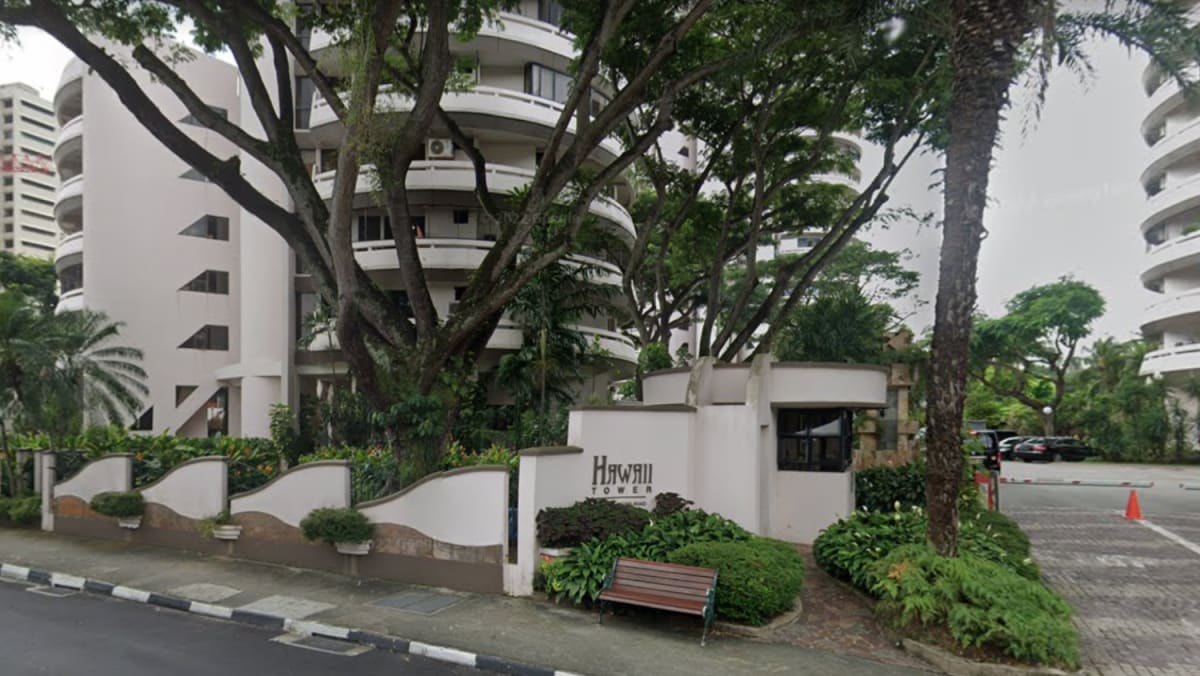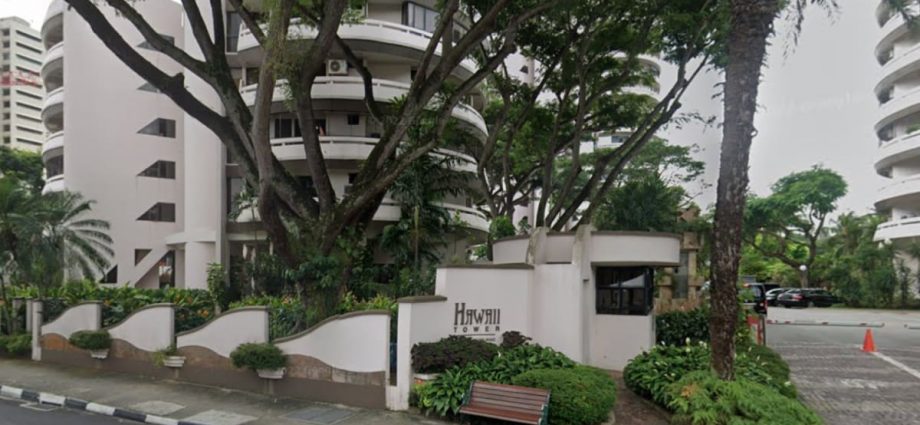
Eventually, feeling like the MCST was unfairly targeting him, Shamdasani asked for records of all owners who had made renovation applications since November 2014.
He had observed that, to begin with, the building’s facade was not uniform because other residents installed window grilles and glass windows.
He then found out that 19 units had installed windows at their balconies.
Judicial Commissioner Goh ruled that these 19 unit owners should have sought approval from the MCST but did not. However, the MCST cannot take action against these owners because too much time had lapsed, the judge said.
He added that even though Shamsadani’s new windows and air-conditioner condenser did affect the appearance of Hawaii Tower, its external facade was already “far from uniform” due to these 19 units where a wide variety of window grilles had already been installed.
The MCST failed to ensure that these grilles were “in keeping with the appearance of the building”, added Judicial Commissioner Goh.
“Indeed … there are half-grilles, grilles with different patterns, invisible grilles and so forth. This cannot, by any stretch of the imagination, be described as anywhere near uniform,” he added.
“Given that the respondent is partly responsible for this state of affairs by either explicitly allowing the installation of these particular grilles, or not policing the installation of these grilles as it is entitled to under (the Building Maintenance and Strata Management Act), the respondent cannot now hope to reverse the situation.”
In terms of the sliding doors, Judicial Commissioner Goh said they did not affect the building’s appearance because anyone standing at a reasonable vantage point cannot see much of the sliding doors, if at all.
The judge also addressed the issue of whether Shamdasani breached two sets of condo by-laws enacted in 1990 and 2014.
He found that Shamdasani breached 2014 by-laws by installing the aluminium-frame glass windows and removing the sliding doors, but not by replacing the air-conditioner condenser.
This meant that the MCST could apply for a court order to stop these breaches, though Judicial Commissioner Goh noted that the MCST did not do this.
As for whether the MCST was empowered under the Act to approve the works, the judge said it was but breached its duty by not having an objectively defensible reason to reject the works.
Because there was no “overarching communitarian need” for the MCST to deny Shamdasani his individual rights to carry out the works, the judge found that Shamdasani should be “allowed to improve his own home to his individual preferences”.

